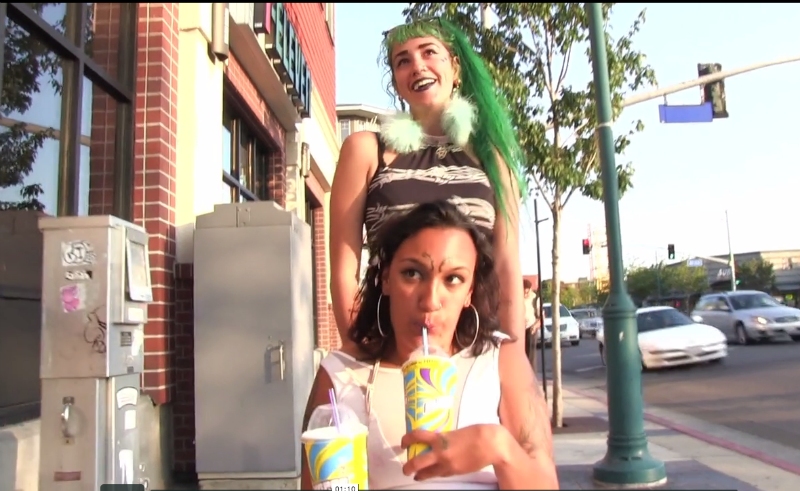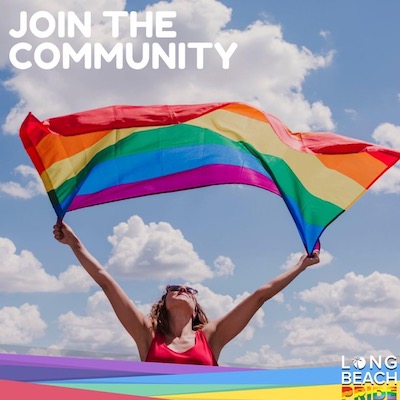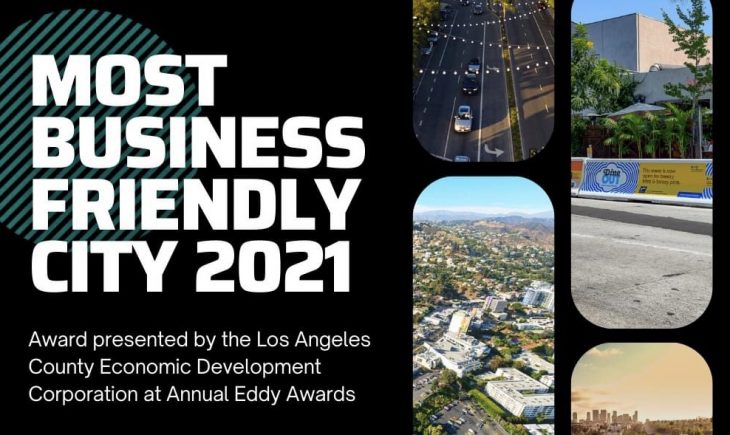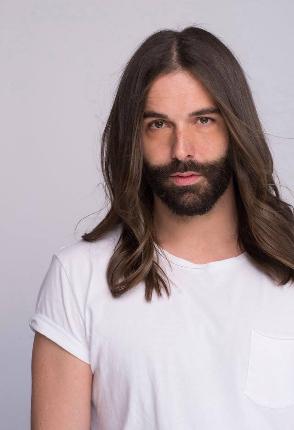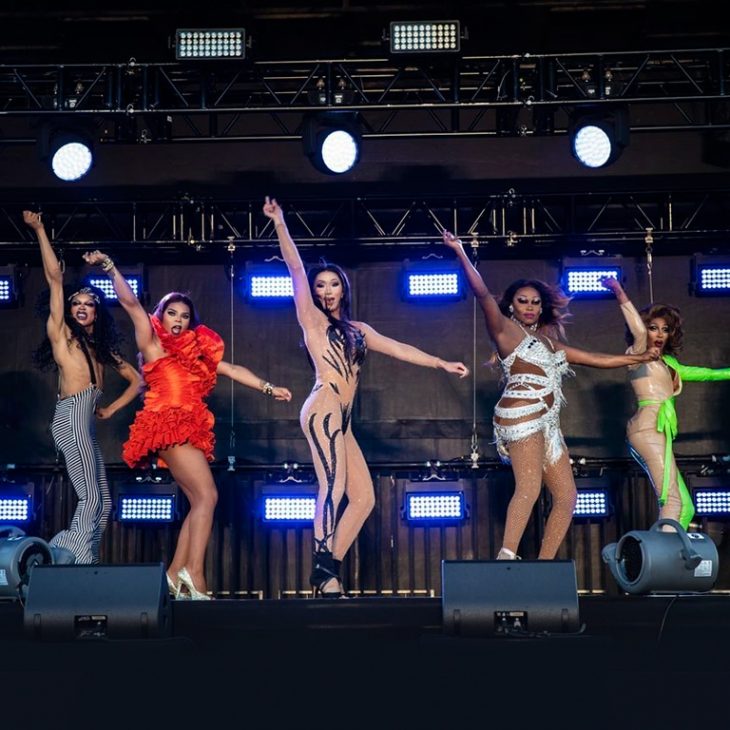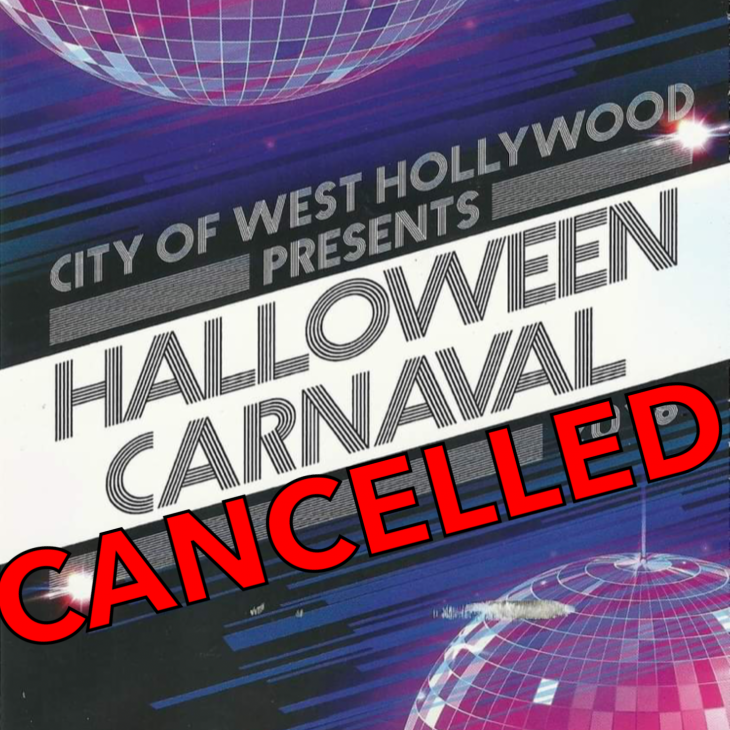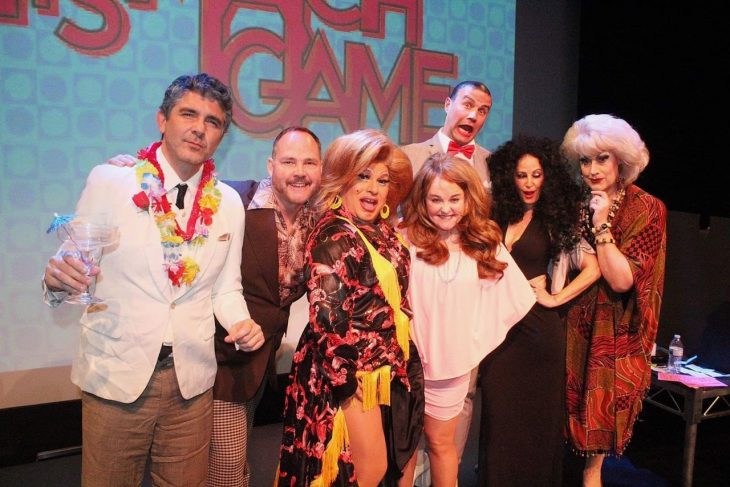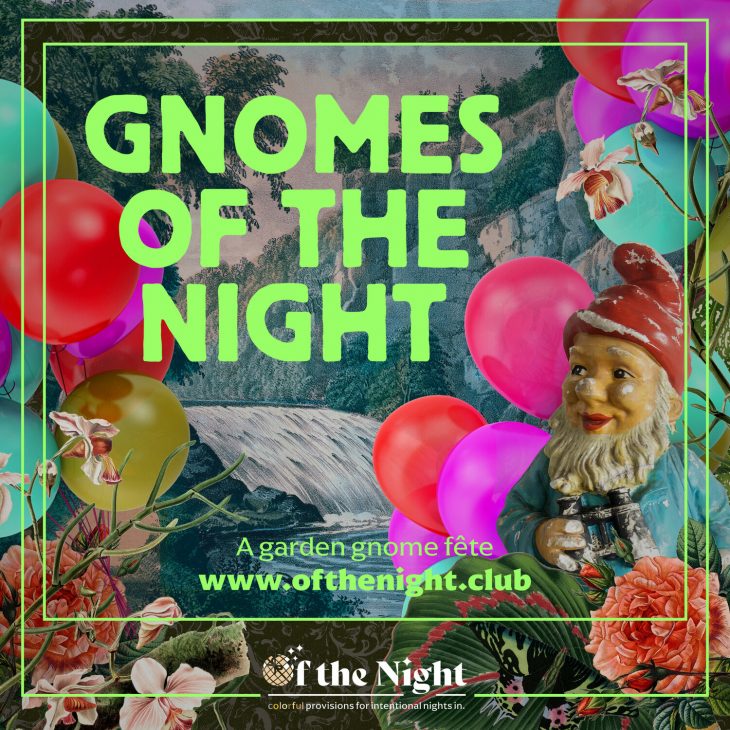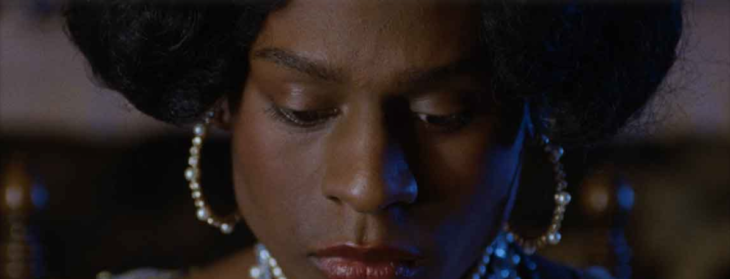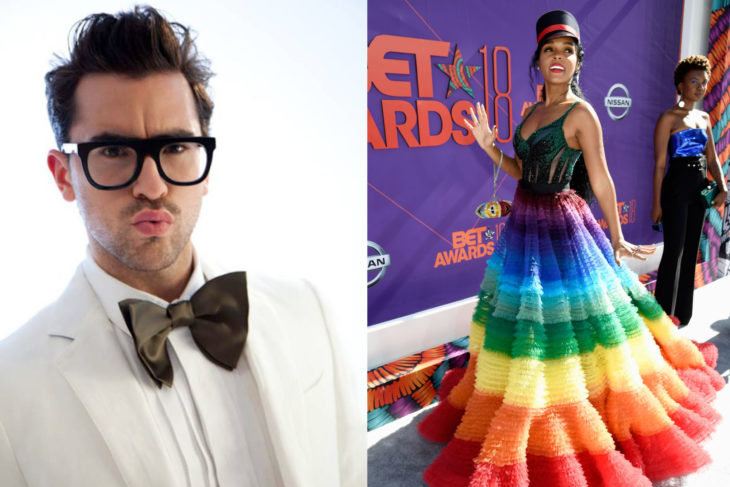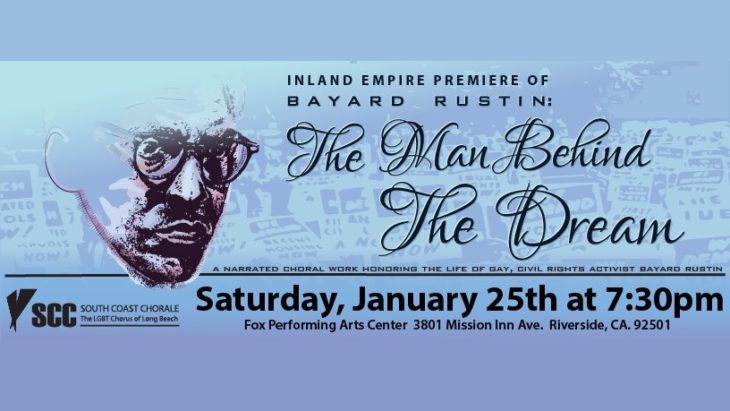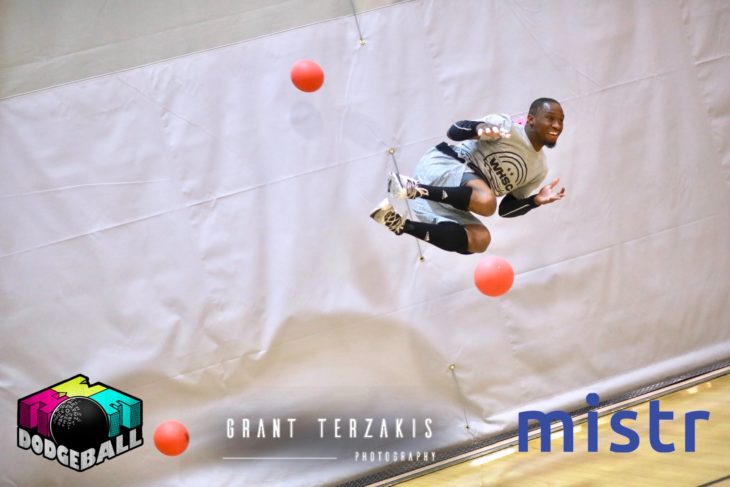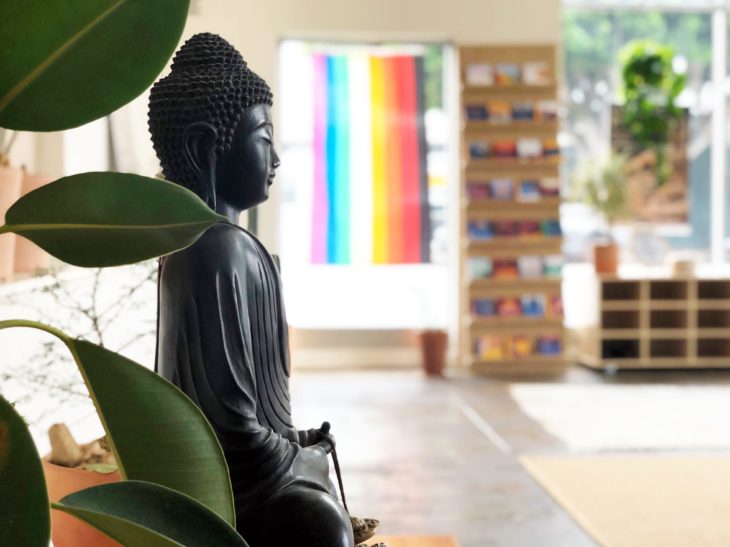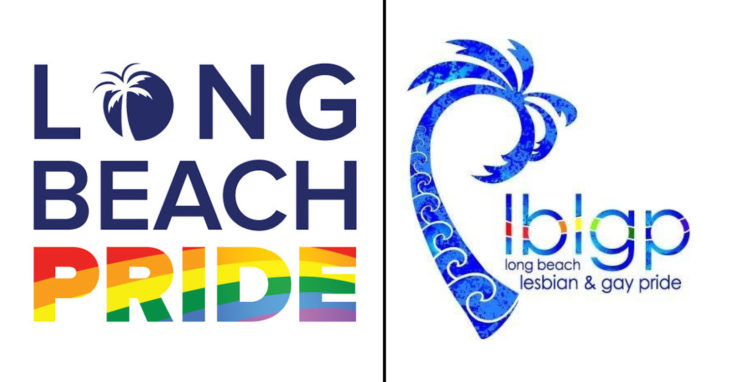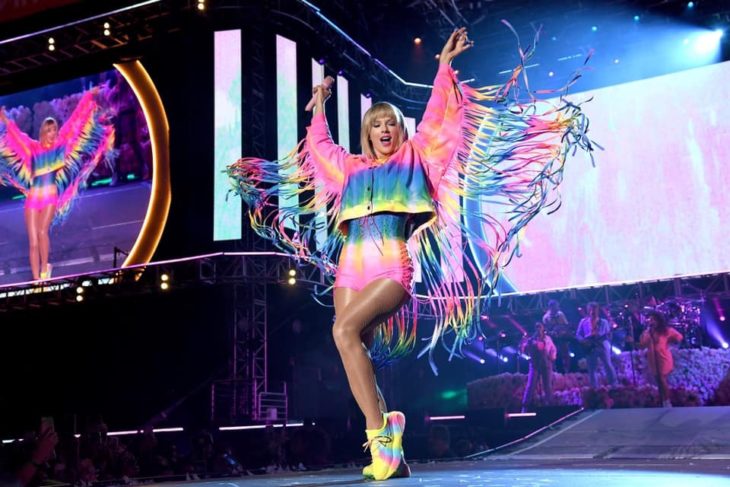If you’re in the queer community and you don’t spend a ton of time thinking about how queer disabled folks and chronic pain sufferers are getting along, it’s time to do something about that. Luckily, the good folks at Spoony Collective have your back. This Saturday, they’re holding an event at the Women’s Center for Creative Work to address how we can do better to include folks of all abilities into the community. If you’re curious, here are the event details:
“This event will be a decentralized dialogue centered around the representations of disability, chronic illness and neurodiversity in the media, with a particular focus on representations of femmes, women and transgender people. The event will create a space for disabled, chronically ill, and neurodiverse people to express and share their personal experiences, stories and truths.
This discussion is open to all (we highly encourage allies to attend this event), it will primarily be about centering the voices of disabled, neurodiverse, and chronically ill transgender and gender nonconforming people. We will, however, provide a brief audience lead educational grounding on major concepts, on what makes a good (and a poor) ally, and how to create positive representations of disabled, neurodiverse, and chronically ill peoples in various media. We will also provide zines with additional resources for all participants so that they can further explore these topics and experiences. We hope that allies will step back and actively listen, engage, reflect, and inquire about how to support and affirm disabled, neurodiverse, and chronically ill peoples within this vulnerable space we are hoping to create, while keeping in mind the physical and emotional labor of the audience and presenters.
The participatory structure of the conversation is vital for breaking down the hierarchies that often exist within the presenter-listener dynamic. Rather than a traditional workshop or panel where the audience’s primary role is that of the listener, we plan on presenting an event where a variety of stories, experiences, compensations, truths, identities, challenges and successes (to name just a few aspects) from both the audience and the panelists are represented, shared, heard, supported, and affirmed.
All donations will support the labor of the facilitators. No one turned away for lack of funds.”

